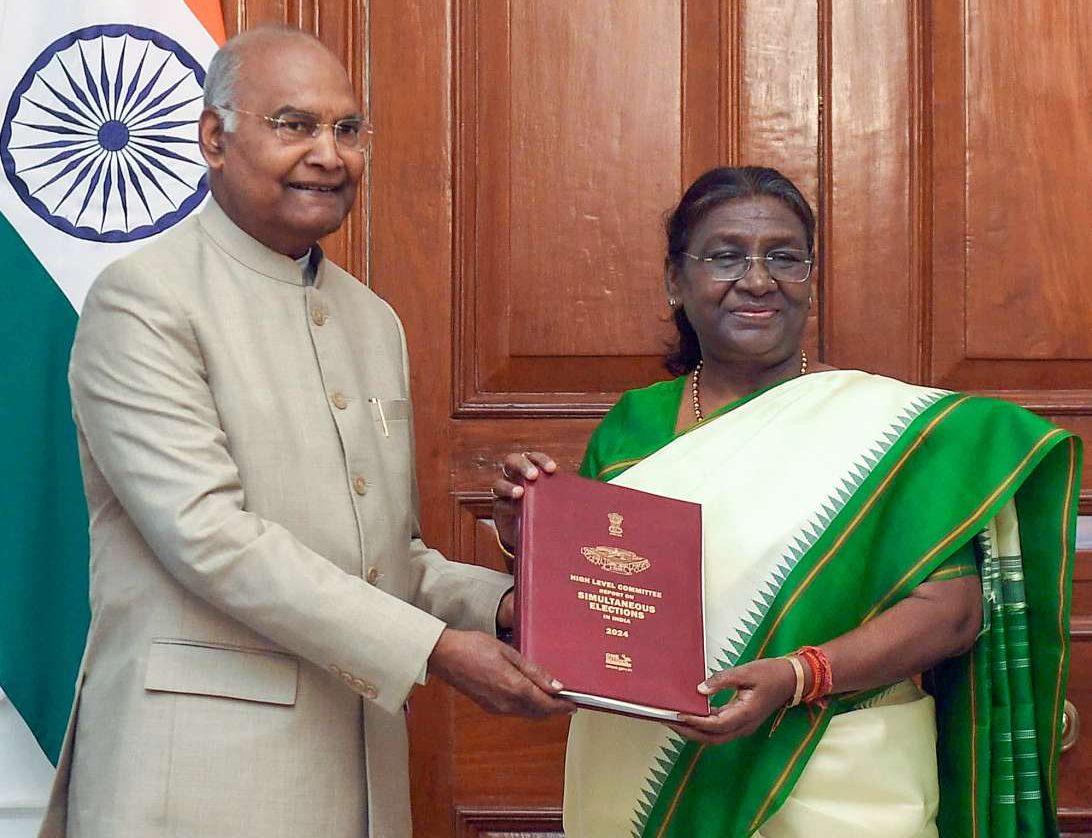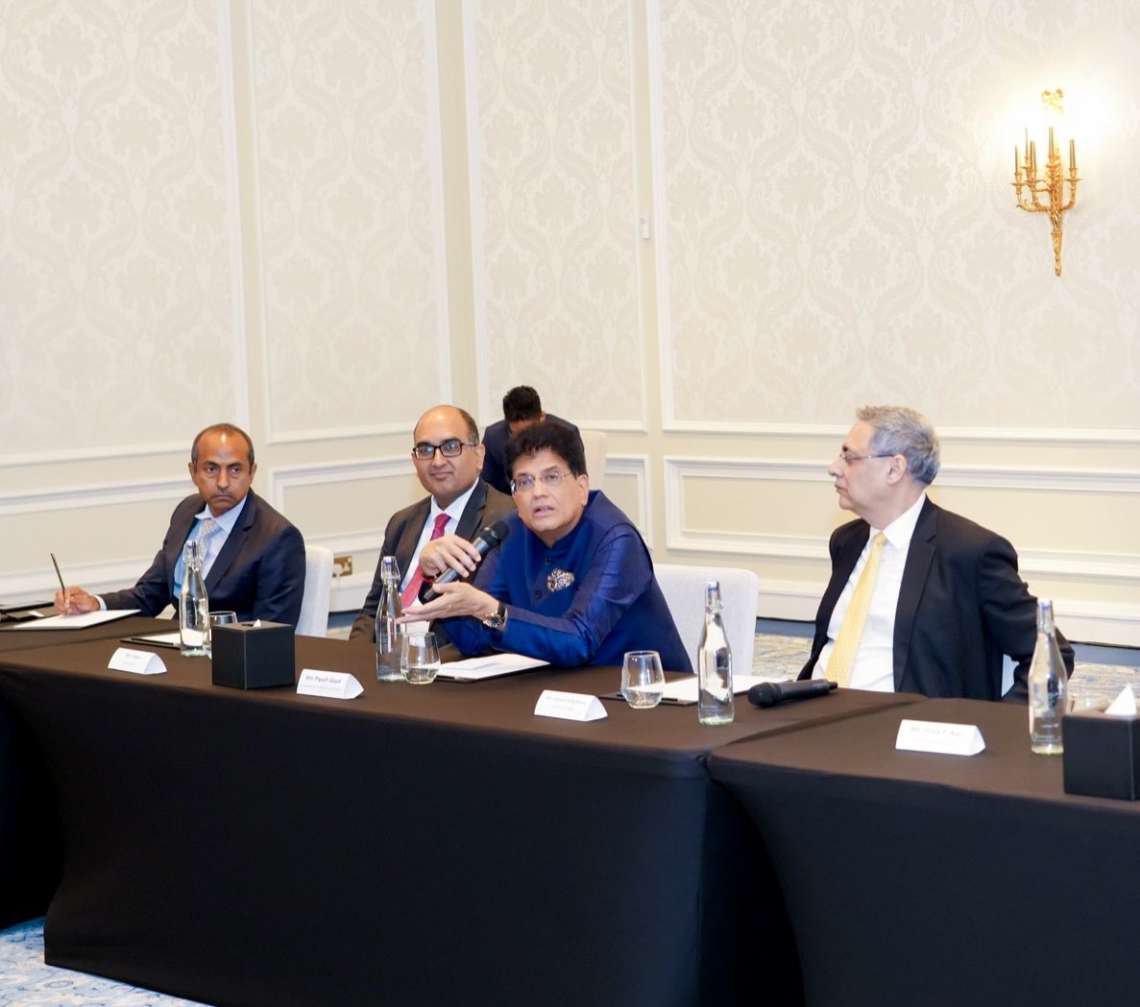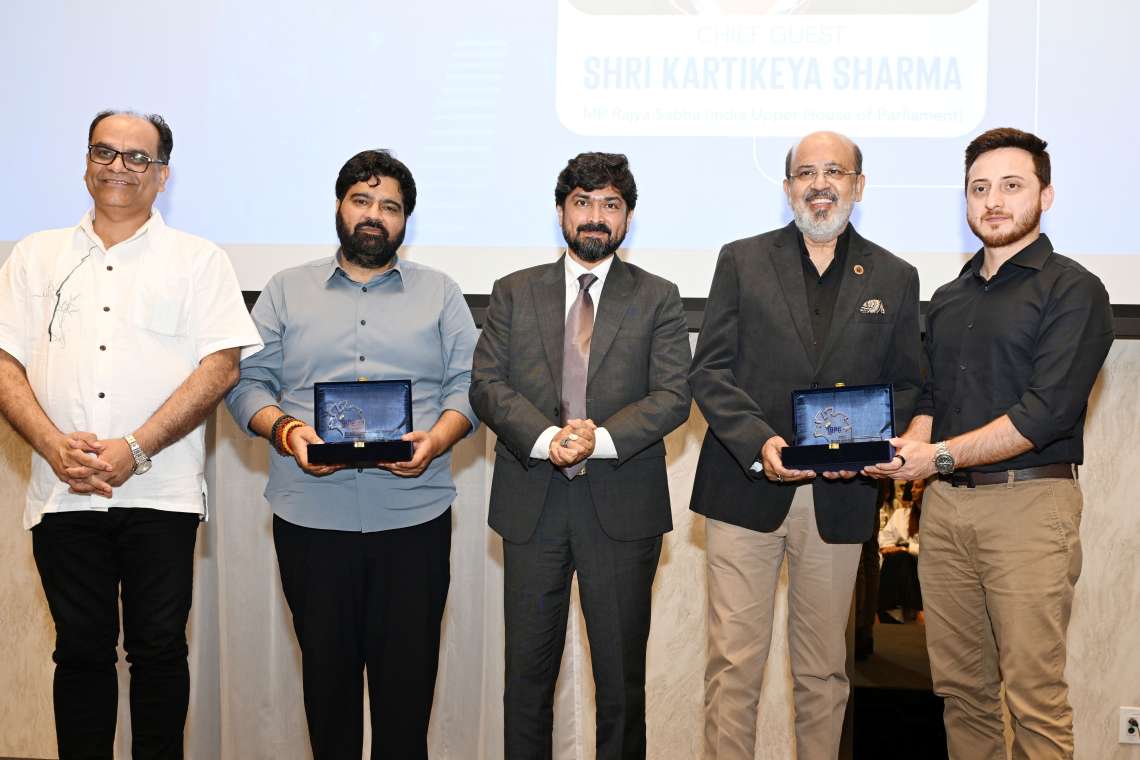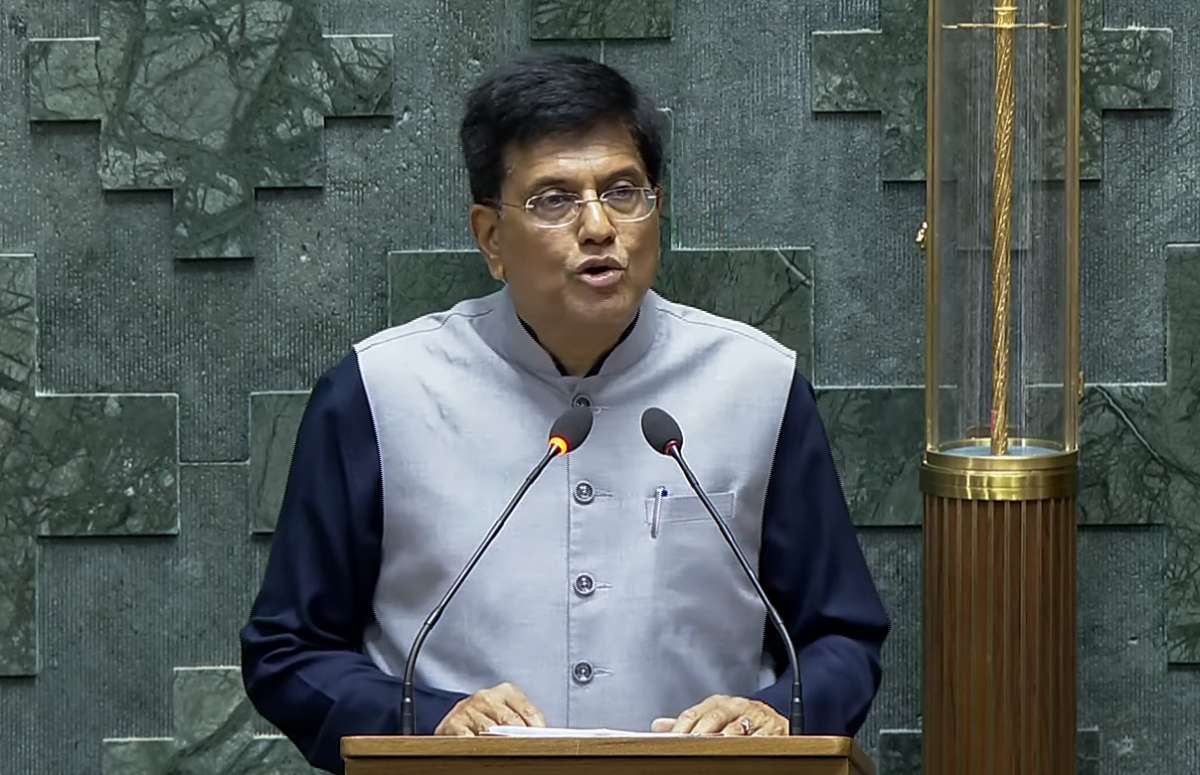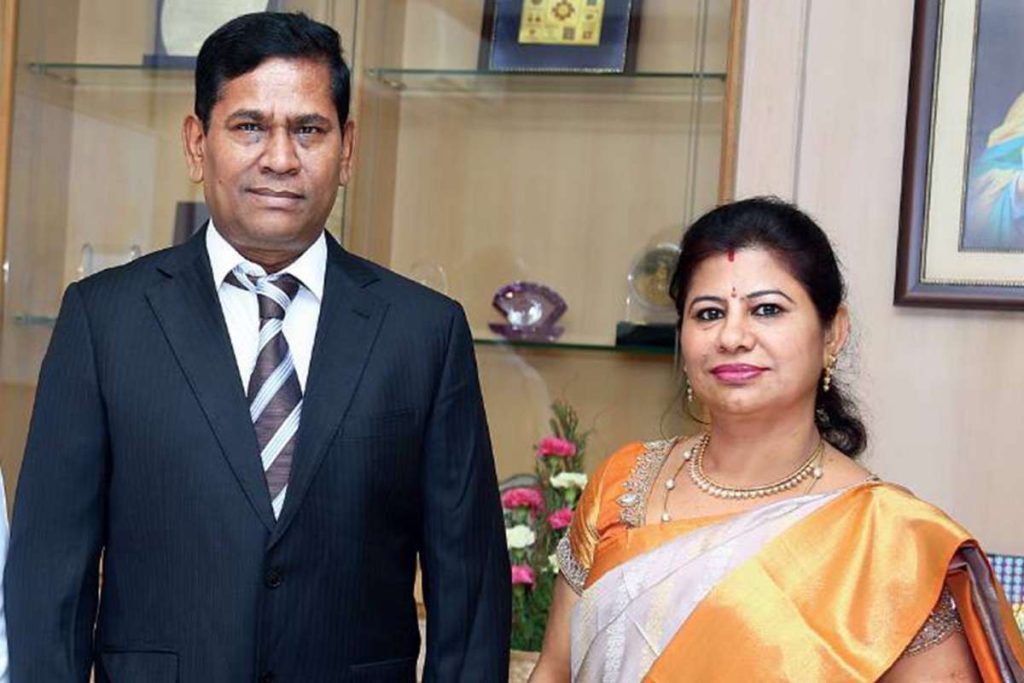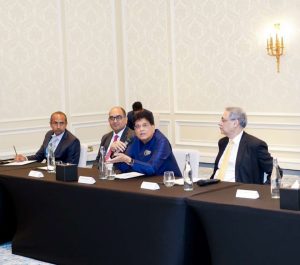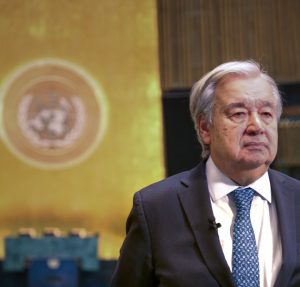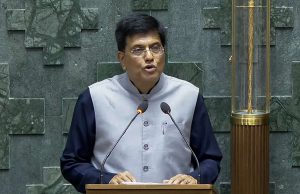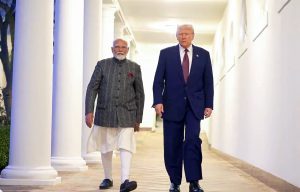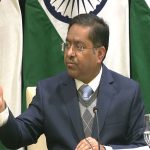Karnataka Minister Priyank Kharge said that the idea of ‘One Nation, One Election’ is completely against the spirit of decentralisation of the panchayats and everything…reports Asian Lite News
As the high-level committee on simultaneous elections submitted its report on Thursday, several opposition leaders expressed reservations, alleging that it would be the death knell for Indian federalism, whereas Union Home Minister Amit Shah called it a “historic day for the country’s democratic system.
Reacting to the submission of the report to President Droupadi Murmu on simultaneous elections on Thursday, AIMIM president Asaduddin Owaisi said that this concept will be the death knell for Indian federalism and would convert India into a one-party state.
The high-level committee on simultaneous elections, constituted under the chairmanship of former President Ram Nath Kovind, met President Murmu and submitted its report. The report, comprising 18,626 pages, is the outcome of extensive consultations with stakeholders, experts, and research work of 191 days, since the constitution of the High-Level Committee on September 2, 2023.
Referring to this, the AIMIM leader posted on X, “Frequent elections keep governments on their toes. There are many constitutional issues with #OneNationOneElection, but the worst is that governments will no more have to worry about people’s fury for five years. It will be the death knell for Indian federalism. It will convert India into a one party state.”
Karnataka Minister Priyank Kharge said that the idea of ‘One Nation, One Election’ is completely against the spirit of decentralisation of the panchayats and everything.
“How can there be One Nation, One Election when the current regime is not accepting the people’s mandate? Also, it’s completely against the spirit of decentralisation of the panchayats and everything,” he said.
Earlier, Congress president Mallikarjun Kharge said that there is no place for the concept of simultaneous elections in a parliamentary system of government while sharing his views on One Nation One Election.
In a letter to the Secretary of the High-Level Committee of One Nation One Election, Niten Chandra, the Congress chief on Friday said that his party is strongly opposed to the idea and it should be abandoned as well as the High Power Committee formed to study it be dissolved.
“On behalf of the Congress party and the people of the country, I humbly request the Chairman of the High-Level Committee not to allow his persona and the office of former President of India to be abused by the Union Government to subvert the constitution and parliamentary democracy in this country,” he stated in his letter.
“There is no place for the concept of simultaneous elections in a country that has adopted a PARLIAMENTARY system of government. Such forms of simultaneous clections that are being floated by the government go against the guarantees of federalism contained in the Constitution,” the Congress chief said in his letter.
The Home Minister posted on his ‘X’, “It is a historic day for the country’s democratic system. Today, the High-Level Committee formed by the Modi government on the One Nation, One Election, chaired by Shri @ramnathkovind Ji, presented its report before the Hon’ble President.”
Shah was among the other members of the Committee that included Ghulam Nabi Azad, former Leader of Opposition in Rajya Sabha; N K Singh, former Chairman, 15th Finance Commission; Subhash C Kashyap, former Secretary General, Lok Sabha; Harish Salve, Senior Advocate; and Sanjay Kothari, former Chief Vigilance Commissioner. Arjun Ram Meghwal, Minister of State (Independent Charge) Ministry of Law and Justice was a Special Invitee and Niten Chandra was the Secretary of the Committee.
The committee held extensive consultations to understand the views of different stakeholders. 47 political parties submitted their views and suggestions, out of which 32 supported simultaneous elections. Many political parties had extensive discussions with the committee on this matter.
In response to a public notice published in newspapers in all the States and Union territories, 21,558 responses were received from citizens from all over India. Of them, 80 per cent of the respondents supported simultaneous elections.
Experts on law such as four former Chief Justices of India and twelve former Chief Justices of major High Courts, four former Chief Election Commissioners of India, eight State Election Commissioners, and the Chairman, of the Law Commission of India were invited by the committee for interaction in person. Views of the Election Commission of India were also sought.
Apex business organisations like the CII, FICCI, ASSOCHAM and eminent economists were also consulted to present their views on the economic repercussions of asynchronous elections. They advocated the economic imperative of simultaneous elections on account of the effect of asynchronous elections on fuelling inflation and slowing down the economy. The committee was briefed by these bodies that intermittent elections had adverse consequences on economic growth, quality of public expenditure, and educational and other outcomes, besides upsetting social harmony.
After careful consideration of all suggestions and viewpoints, the Committee recommends a two-step approach to lead to simultaneous elections. As the first step, simultaneous elections will be held for the House of the People and the State Legislative Assemblies. In the second step, elections to the Municipalities and the Panchayats will be synchronized with the House of the People and the State Legislative Assemblies in such a way that Municipalities and Panchayats elections are held within a hundred days of holding elections to the House of the People and the State Legislative Assemblies.
The committee also recommends that there should be a single electoral roll and Electoral Photo Identity Cards (EPIC) for use in elections to all three tiers of Government.
In tune with its mandate to explore the mechanism for simultaneous elections, and keeping in view the existing framework of the Constitution, the Committee has crafted its recommendations in such a way that they are in accordance with the spirit of the Constitution of India and would require bare minimum amendments to the Constitution.
Upon all-inclusive deliberations, the committee concludes that its recommendations will significantly enhance the transparency, inclusivity, ease and confidence of the voters.
Overwhelming support for holding simultaneous elections will spur the development process and social cohesion, deepen the foundations of our democratic rubric, and realize the aspirations of India, that is Bharat, it said. (ANI)
ALSO READ-Amit Shah Aims to Quell Naxalism by 2025

